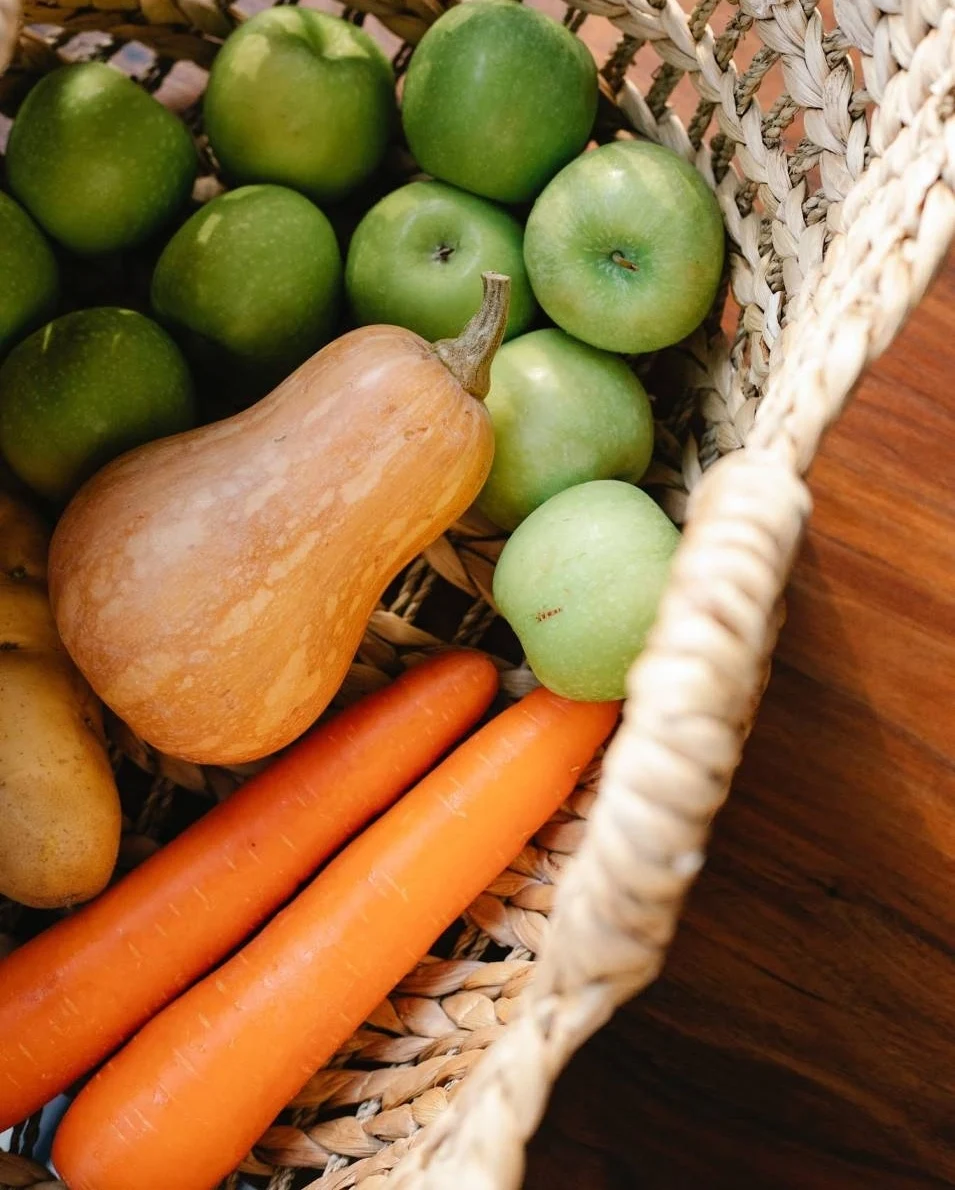The following is your reference guide to essential vitamins and their functions:
Send us an email at godisablej66@gmail.com if you have any questions.
1. Vitamin A actually promotes healthy skin and vision and is critical for immune function. Women who are pregnant or breastfeeding, as well as infants and children, are at the greatest risk of developing a deficiency. Vitamin A is abundant in carrots, cantaloupe, and collard greens.
2. Vitamin B7 If you have long, strong hair and nails, as well as healthy, glowing skin, you can thank Vitamin B7 (Also known as Biotin) for it. Women who are pregnant, as well as infants, are at an increased risk of deficiency. Salmon, nuts, sweet potatoes, and avocados are all examples of foods high in biotin.
3. vitamin B9 (Also known as Folate/Folic Acid) is essential for the proper functioning of the brain and spinal cord. Consuming adequate amounts also helps prevent anemia. Pregnant women, those taking medications known to impair absorption, and those with a family history of it are at the greatest risk of developing a deficiency. Leafy green vegetables and avocados are excellent sources of this vitamin.
4. Vitamin C (Ascorbic Acid) When you consider this vitamin, orange juice is probably the very first thing that comes to mind. You are correct! Vitamin C is necessary for the maintenance of a healthy immune system and the production of collagen, which is used to repair body tissue. Those who follow a strict vegan diet or consume the majority of processed foods are at a higher risk of developing a deficiency. It is present in a variety of citrus fruits, including oranges and lemons, as well as vegetables such as broccoli and spinach.
5. Vitamin D enhances the body’s immune system and calcium absorption, which is necessary for maintaining healthy bones. If you are allergic to dairy or do not get enough sunlight exposure, you are more likely to have a vitamin D deficiency. This vitamin is abundant in cheese, egg yolks, and tuna. Vitamin D is one of the most essential vitamins because it helps maintain the strength of your bones.
6. Vitamin K is also beneficial for bone health and blood clotting. Vitamin K deficiency is uncommon in adults and more prevalent in infants, owing to the fact that the majority of adults can obtain it through a healthy diet. Fish and green leafy vegetables such as kale or lettuce are excellent food sources. Whether it's through diet or supplementation, find the method that works best for you when it comes to obtaining the vitamins you need to stay happy and healthy!
We hope you found the information contained in your reference guide to essential vitamins and their function to be informative.
Send us an email at godisablej66@gmail.com if you have any questions.







